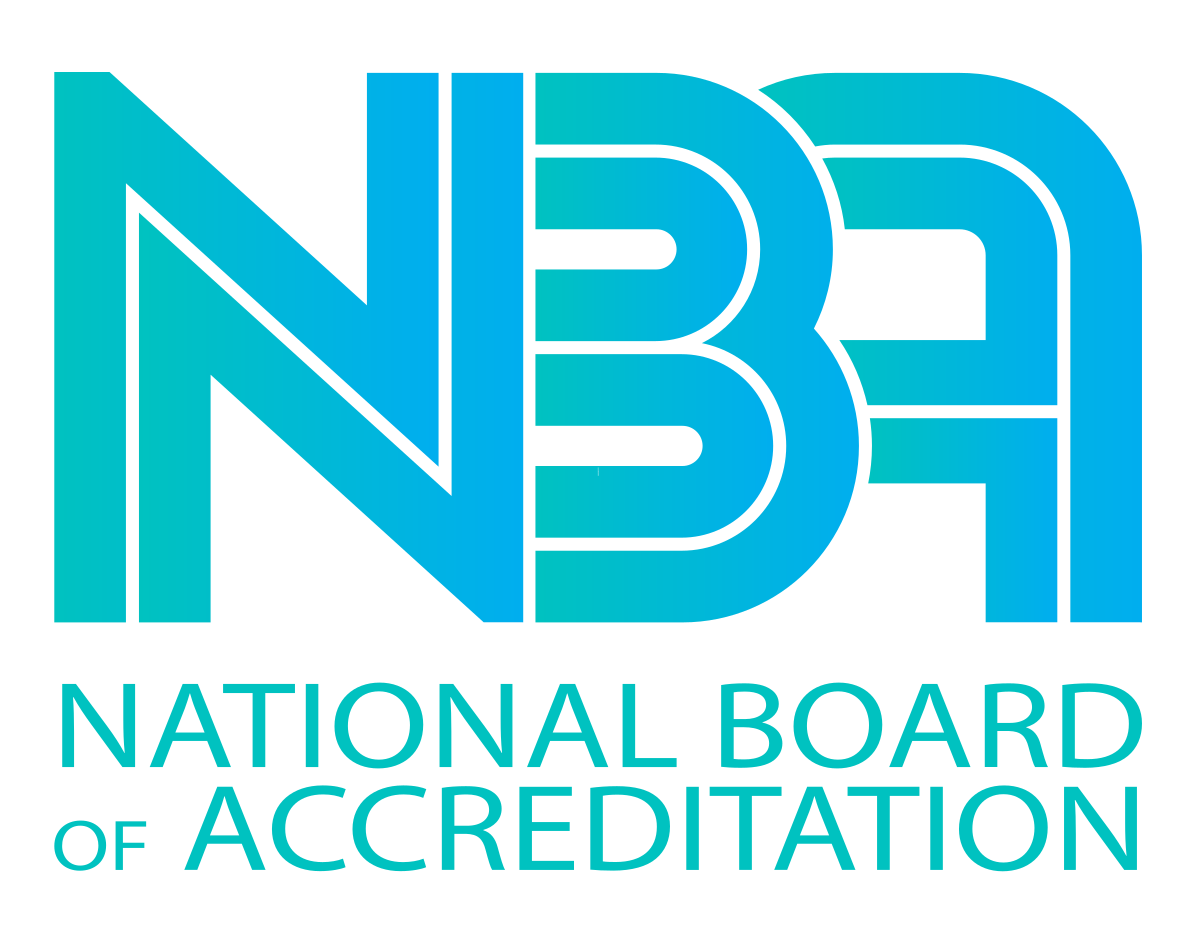 Counselling Code: 2726
Counselling Code: 2726



DEPARTMENT of ELECTRICAL AND ELECTRONICS engineering
PROGRAMme EDUCATIONAL objectives
PROGRAMme EDUCATIONAL OBJECTIVE 1
Graduates will have the capability to succeed in the industry by adapting the contemporary technologies and to cater to the needs of the industry and society.
PROGRAMME EDUCATIONAL OBJECTIVE 2
Graduates will have core engineering knowledge and software skills to understand, analyze and design Electrical and Electronics Engineering products and provide solutions for the real time applications.
PROGRAMME EDUCATIONAL OBJECTIVE 3
Graduates will inculcate professional and ethical attitude, teamwork skills and leadership along with multi disciplinary approach.
PROGRAMME EDUCATIONAL OBJECTIVE 4
By pursuing higher studies, graduates will practice lifelong learning for continuing professional development.
OUR
PROGRAMme SPECIFIC OUTCOMES
PROGRAMme SPECIFIC OUTCOME 1
- Critically evaluate and obtain solutions for electrical and electronics engineering problems by suitable mathematical approaches and procedures.
PROGRAMME SPECIFIC OUTCOME 2
- Design, simulate and develop systems for applications including electrical drives, power systems and control systems using appropriate tools.
PROGRAMME SPECIFIC OUTCOME 3
- Acquire the leadership skill by participating in a team performing laboratory exercise, project works and industry related problems.
